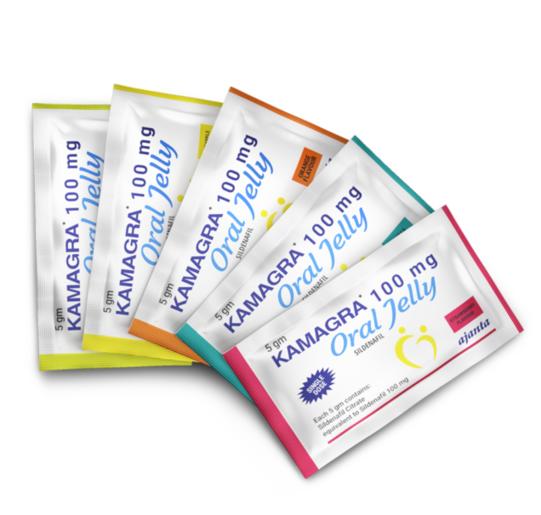Who does not like being out in the sun, soaking up in the goodness of the warmth and get that perfect sun-kissed skin to die for? It is all fun and games until you see an irregular spot, mole or blemish that seems to be:
Changing in colour, shape or size rapidly
Bleeding
New and recently discovered
Itching
Having an irregular shape
Two out of three Australians will be diagnosed with skin cancer at some point in their lives. Therefore, it is vital to get an annual professional skin check-up at a nearby skin cancer screening clinic.
Skin cancer is mainly caused due to excessive exposure to ultraviolet (UV) radiation from the sun resulting in DNA damage to skin cells. If the skin damage is not repaired by the body’s internal DNA repair mechanism then faulty cell replication could occur which in turn triggers the abnormal growth of cells eventually leading to skin cancer.
There are two main types of skin cancer and they are:
Melanoma skin cancer is the most common type of cancer affecting many Australians. It is found on skin areas exposed to sunlight such as the face, neck, hands, lips, ears, arms, and back of hands. Unlike other types of skin cancer, melanoma is a rare form of skin cancer but it is the most lethal if not detected earlier and treated.
Non-melanoma skin cancer is a type of cancer that develops in the outermost layer of the skin. It is one of the most common cancers in the world. There are two most common types of non-melanoma cancer and they are Basal Cell Carcinoma (BCC) and Squamous Cell Carcinoma (SCC). Non-melanoma skin cancer is malignant but it is less likely to spread to other parts of the body and could be treated more easily than Melanoma.
Almost every Australian is at risk of skin cancer however, people who fall under any of the below categories are at higher risk of developing skin cancer.
Someone who has a family or personal history of skin cancer
Over 65 years of age
People who are red-haired and/or have light-coloured eyes
Individuals who spend a lot of time outside for work and play
Regardless of any skin type, the possibility of developing skin cancer is inevitable. Unfortunately, Australians are at high risk of developing skin cancer and at least two in three Australians will be diagnosed with skin cancer before they reach the age of 70. Therefore it is necessary to take precautions and follow sun safety tips such as wearing sunscreen, limiting your sun time especially between 9 am to 4 pm, using sunscreen, avoid tanning, and drinking plenty of water. In addition, regularise self-skin examination and if you find any irregularities during self-exam, check in with your doctor at your nearest skin cancer screening clinic and clear out any concerns or doubts.
Skin cancer is a dangerous disease but it is curable with early detection and treatment so take your next step in the right direction when it comes to protecting your skin against cancer by taking a closer look at your skin. A little self-love and care never hurt anybody.

 Samantha Burns
Samantha Burns








